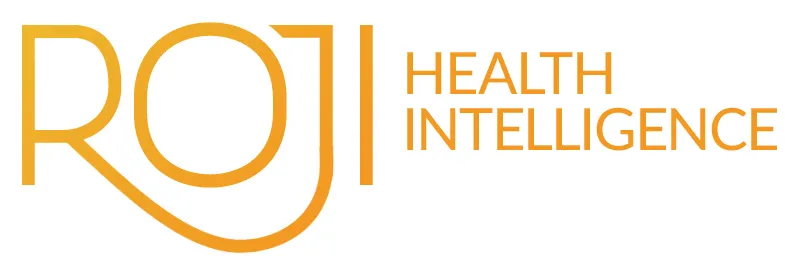We are just beginning to see the power of Artificial Intelligence (AI) in medicine and management of conditions. AI is being used to enhance and speed diagnostic capabilities in conjunction with wearable devices as well as to identify health care cost issues and high risk patients. Companies, health care providers, and researchers hoping to move […]
Can Artificial Intelligence and Machine Learning Reduce Health Care Costs?
All the experts’ 2020 health care technology predictions have one trend in common—more Artificial Intelligence. AI and its subset Machine Learning are tagged as the winning ticket to advances not only in clinical medicine and research, but also in administration and management. The hype promotes so many potential applications for AI that it begs for […]
How Aching Joints Can Teach Consumers to Question the Evidence
As explained in our last article, there’s more to managing personal health care costs than concentrating on insurance payments and uncovered costs. As health care consumers, we’d all benefit from learning how to determine whether the value of the services—as delivered by a given provider—is worth the cost, potential risk, and benefits. Here, again, are […]
Fixing Clinical Science Requires a Moonshot
“We chose to go to the moon” President John Kennedy’s statement instigated a monumental marshaling of resources to achieve a remarkable goal. Those famous words also established a powerful metaphor for aiming high. We need an equally monumental shift in purpose and commitment of resources for how we conduct clinical science. Nothing less than our […]
AI May Be the Future, But It’s Not (Yet) the Future of Clinical Research
Good medical practice depends on good clinical research. Without rigorous, replicable, reliable research findings, we cannot trust that our medical decisions are based on truth. To put it bluntly, flawed research leads to bad medicine. It’s essential that we get it right. In this series, I have argued for a more rigorous approach. The present […]
How the Stock Market Models a Path to Better Research.
The better clinical research is, the better medical care will be. It is so crucial to the future of best medical care that I have highlighted deficiencies of the present conduct of randomized trials (RTs) in previous articles to suggest ways to improve. A system of better research must accommodate studies on any intervention aimed […]
Here’s One Way to Do Better Science
Clinical research with randomized trials (RTs), as opposed to basic or bench research, is the science of comparison. RTs ask a fundamental question: Is “x” better than “y”? They do more than observe how treatments work; they also require methods that control the research environment. Finding an independent contribution of one action over another demands […]
How Providers Must Improve Value in Women’s Health
Writing the Roji Health Intelligence® series on gender disparities and other women’s health issues has been a revelation. As a woman who has worked in so many parts of the health care industry, I was already aware of basic gender disparities, risk levels, incidence of disease, and economic issues that are predominant among women. Most […]
If Not Now, It’s Too Late: More Clinical Science Pitfalls and a Path to Improvement
Let’s review three major vulnerabilities with how randomized trials (RTs) are conducted, as discussed so far in this series. Critically appraising a research study involves determining the “internal and external” validity. Internal validity deals with the conduct of the study, per se. External validity deals with whether the study’s findings can be generalized to others […]
If Not Now, It’s Too Late: Simple Randomization Can Lead to False Inferences About Treatment Decisions
Medical decisions are best made on the basis of clinical science. Accurate research, shared between physician and patient, enables the patient to make an informed choice about risks and outcomes of treatment options. That’s how it should work, in theory. But in practice, even with the best shared medical decision-making, far too much clinical research […]










